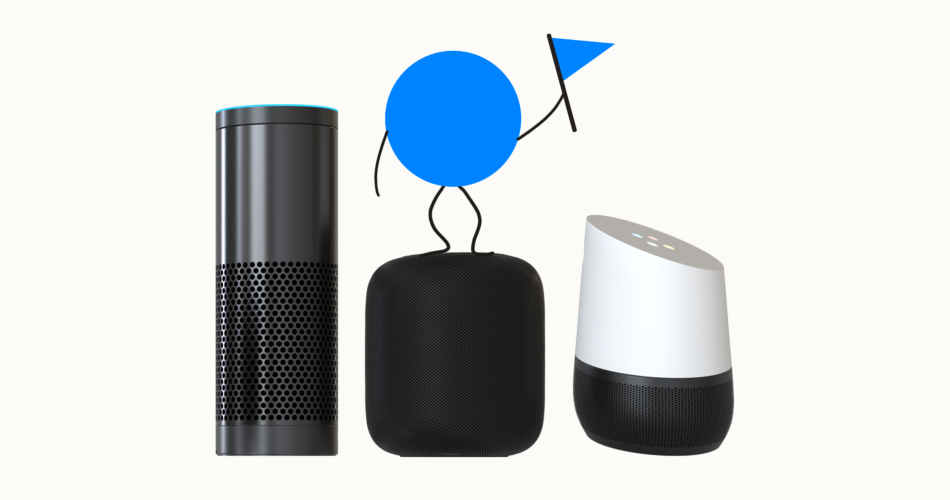Voice assistants are artificial intelligence (AI) systems that can recognize and respond to voice commands. These assistants, such as Google’s assistant and Apple’s Siri, are designed to make tasks easier and more convenient for users by allowing them to control various devices and access information simply by speaking to their devices.
The use of voice assistants has grown significantly in recent years, and it is expected to continue to evolve in the coming years as AI technology improves. This essay will explore the various uses and benefits of voice assistants, as well as the advancements in natural language processing that are making these systems more sophisticated and integral to our daily lives.
Uses for Voice Assistants
Voice assistants can be used for a wide range of tasks, including setting reminders and alarms, playing music, answering questions, and controlling smart home devices. These assistants are able to understand and respond to specific commands, such as requesting the weather forecast for a specific location or ordering items online.
One of the primary uses of voice assistants is to make tasks easier and more convenient for users. For example, a person can use a voice assistant to set a reminder to buy milk on the way home from work, or to turn off the lights in their house while they are away on vacation. Voice assistants can also be used to access information, such as the news or current events, simply by asking a question out loud.
In addition to their practical uses, voice assistants are also becoming more sophisticated in their ability to understand and respond to natural language. This means that they are better able to understand and respond to the way people speak in everyday conversations, rather than just responding to specific commands. For example, a person can ask their voice assistant for a recommendation for a good Italian restaurant in their area, and the assistant will be able to understand and provide a response based on the user’s location and preferences.
Benefits of Voice Assistants
One of the key benefits of voice assistants is their ability to make it easier for people to complete tasks without having to use their hands or eyes. This can be especially useful for individuals with disabilities or for those who are driving and need to keep their hands on the wheel.
For example, a person who is visually impaired can use a voice assistant to turn on the lights in their house or check the weather forecast for the day. Similarly, a person who is driving can use a voice assistant to change the music or make a phone call without having to take their eyes off the road.
In addition to their convenience, voice assistants can also save time for users by allowing them to multitask while completing tasks. For example, a person can use a voice assistant to set a timer while they are cooking, or to send a text message while they are driving.
Advancements in Natural Language Processing
One of the areas where voice assistants are expected to continue to evolve is in their ability to understand and respond to natural language. As AI technology improves, voice assistants will be able to understand and respond to more complex and nuanced conversations, making them more integral to our daily lives.
One example of this advancement is the development of voice assistants that are able to understand and respond to different accents and dialects. This is important because it allows voice assistants to be more accessible to users from diverse linguistic backgrounds.
Another area where voice assistants are expected to improve is in their ability to understand and respond to context. For example, a voice assistant might be able to understand that a person is asking for the weather forecast for their location, rather than a location in a different part of the world. This type of contextual understanding will make voice assistants more efficient and effective at completing tasks.
Conclusion
In conclusion, voice assistants are becoming increasingly popular and are expected to continue to evolve in the coming years. These AI systems have a wide range of uses, including making tasks easier and more convenient for users, accessing information, and controlling smart home devices.
One of the key benefits of voice assistants is their ability to make it easier for people to complete tasks without having to use their hands or eyes, which can be especially useful for individuals with disabilities or for those who are driving. In addition, voice assistants are becoming more sophisticated in their ability to understand and respond to natural language, making them more integral to our daily lives.
As AI technology continues to improve, it is likely that voice assistants will be able to perform an even wider range of tasks and understand and respond to more complex and nuanced conversations. These advancements will make voice assistants even more convenient and useful for users, and they will continue to play a significant role in our daily lives.



